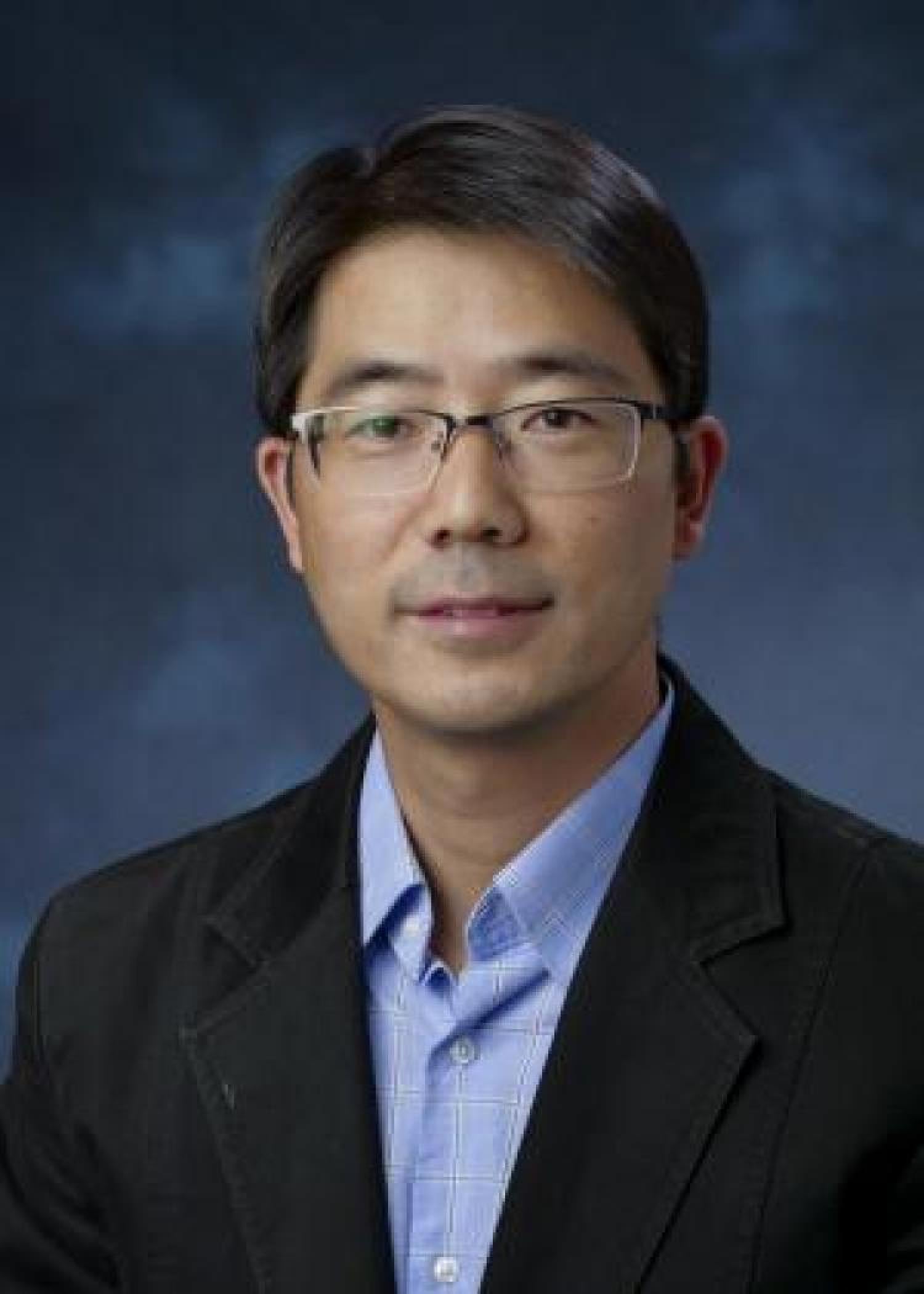Research into mechanics of snakeskin could shape soft robotics technology

Yifu Ding
Professor Yifu Ding is starting a new research project that explores how soft robots of the future could include new materials inspired by snakeskin.
Ding is based in the Paul M. Rady Department of Mechanical Engineering and is also the director of the MAST Center on campus, which studies fundamental areas of membrane research.
The project specifically looks at ways to reduce friction and wear in elastomers– such as rubber–when used in soft robotics. To do this, his team is studying living snakeskin, which is stiff enough to generate friction for movement but smooth enough to slide easily, minimizing damage to it.
He said mimicking those properties artificially is a challenging task from a materials engineering standpoint.
“The main challenge of the research is to develop mechanistic understanding of how the complex chemistry and surface topography impact the frictional behaviors of our artificial snakeskin,” he said. “Currently, tribology, or the friction or mechanical behaviors under dynamic contact, of soft materials such as elastomers and gels is an emerging field. There is no established theoretical framework to guide our materials design. This work will change some of that.”
Ding said he and other professors in the College of Engineering and Applied Science have been working on developing skin-layer materials inspired by nature for some time, mostly for use in separation membranes.
“Such materials will enable development of soft robots that can perform effective movement while minimizing the wear and damage that comes with it,” he said.
The work is funded by CU’s Research & Innovation Office Seed Grant program. Ding and his team have received RIO Seed Grants in the past and are among several winners within the college this cycle. Overall, the 2020 Research & Innovation Seed Grants funded 25 proposals for up to $50,000 each, including a new CU Boulder Grand Challenge project. Since 2008, the program has provided more than $13 million to fund 304 innovative projects across campus.

